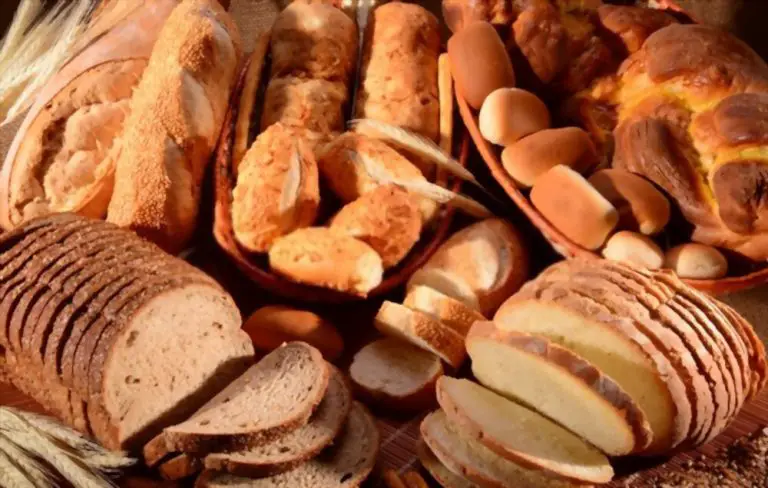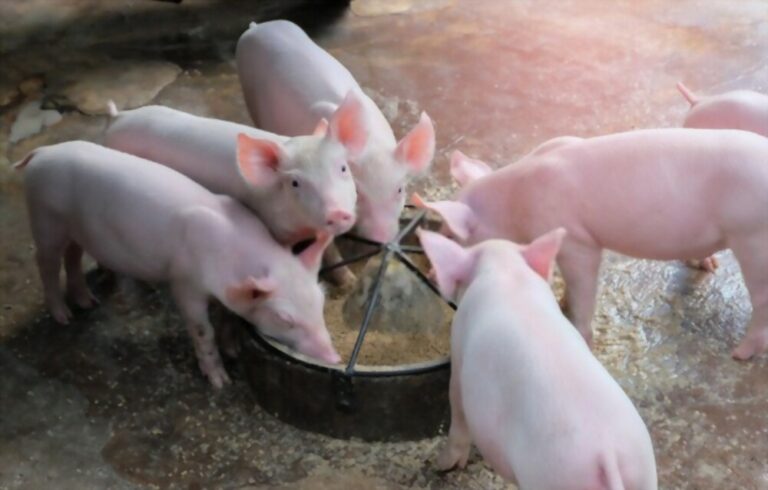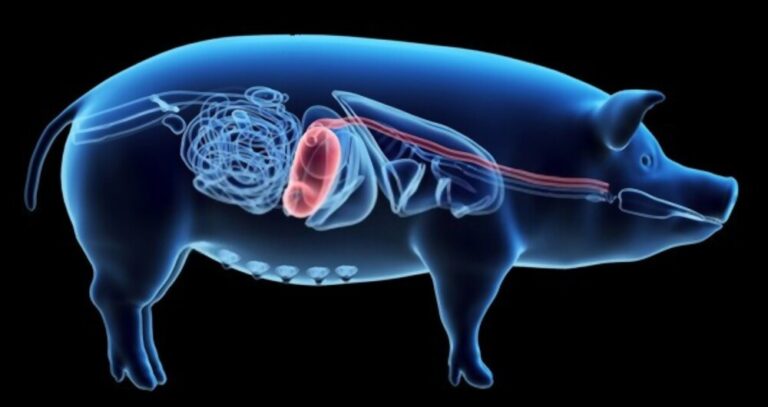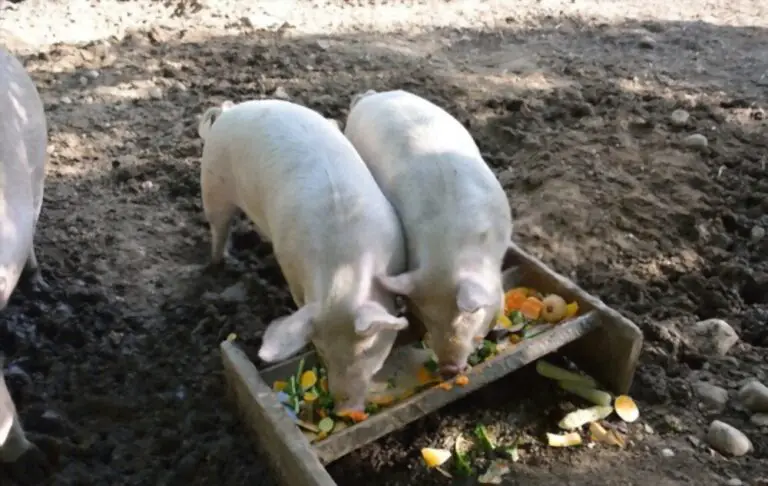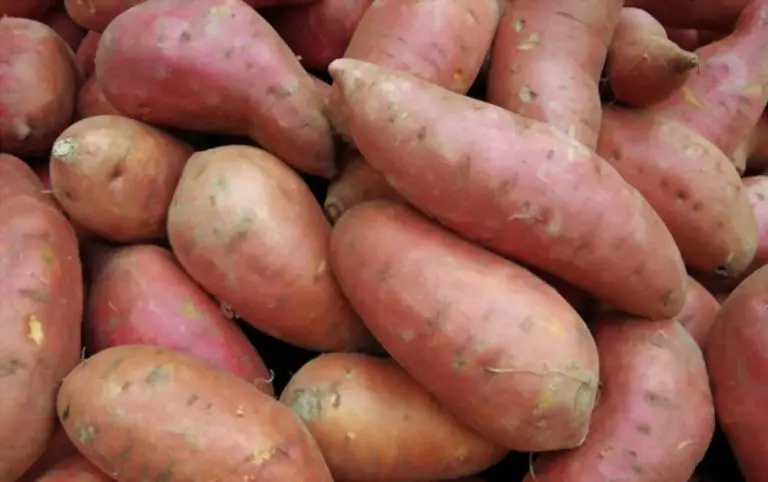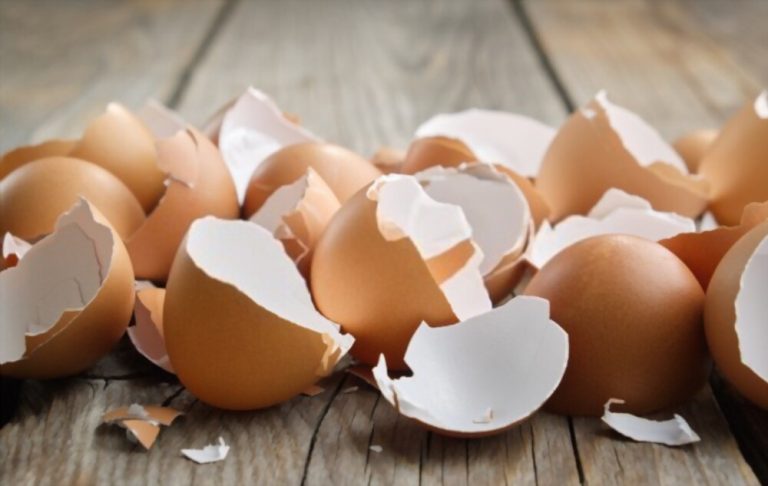Can Pigs Eat Onions? Can potbelly hogs or guinea pigs consume onions without issues?
Onions are vegetables that play an essential role in our daily meals due to their richness in antioxidants and vitamin C, so pig farmers are attempted to feed the pigs with it, but are onions safe for pigs to feed on?
The American Society for the Prevention of Cruelty to Animals (ASPCA) states that onions are toxic to animals, and therefore no animal should be fed with onions. But does this include pigs?
In this article, I will show everything you need to know about feeding pigs with onions and the safety of onions for pigs.
Can Pigs Eat Onions?
Yes, Pigs can eat onions, but they shouldn’t be allowed, as onions are toxic and not nutritional. It is safer not to allow them to feed on onions.
Eating onions can cause pigs to get hemolytic anemia (a condition that destroys red blood cells). This condition can lead to weakness, increased heart rate, decreased growth, or even death.
So, it’s better to avoid feeding onions to your pigs. They would benefit more from a balanced diet high in grains and vegetables.
- Can Pigs Eat Bread? (2023 Update)
- Can Pigs Eat Dog Food And Treats?
- Can Pigs Eat Eggshells? (Safe/Harmful?)
- Do Pigs Eat Humans and How Fast?
- Can Pigs Eat Chicken Bones? (Raw/Boiled)
Can pigs eat raw onions?

1. Onions are toxic to pigs.
When I say onions are toxic, it simply means that onions can cause health issues if eaten carelessly and in large quantities.
To the pigs, onions are not of any nutritional value. To worsen the matter, some onion varieties have “hemolytic anemia,” which can lead to severe complications like anemic conditions in the pigs.
2. Onion taints meat
Pigs that are raised for meat should never be fed with onions. Onions belong to the same family as garlic. As such, they are known for their strong flavor and smell. If a pig continuously feeds on onions, the pig’s meat becomes bitter and tasteless.
This famous story is that a farmer lets his pigs graze around to harvest onion crops for one or two months just before slaughter. When the pigs were slaughtered, their meat was inedible, tasting bitter onions.
You should know that boiled and cooked onions are no exception. Cooking, boiling, or frying the onions won’t change it. If you must serve your pig onions, try mixing them with healthier options. This should be for pigs, not grown for meat. You shouldn’t, in any way, no matter if the mixture serves pigs grown solely for meat onions.
3. Onions can lead to anemia in pigs
Onions contain thiosulphate, and a buildup of it forms clumps in the pig’s body that results in rupturing of the red blood cells. When the red blood cells are ruptured, the pigs start starving of oxygen and thus leading to the formation of anemia.
Can Pigs Eat Cooked Onions?

Pigs exhibit remarkable versatility in their diet; they are omnivorous animals and can feed on various foods. However, it is crucial to maintain an optimum balance in their diet for their health and productivity.
While it is generally safe for pigs to consume them, one must exercise caution when feeding them. Onions, regardless of their variety – be it green onions or spring onions, contain thiosulfate.
While humans can easily digest this compound, pigs, on the contrary, may develop a condition called hemolytic anemia if consumed in large quantities. This condition ruptures red blood cells, leading to jaundice and potentially fatal consequences.
Consequently, while pigs can technically consume cooked onions, it is not advisable as part of their regular diet due to the potential adverse health effects. The same stands true for green onions and spring onions. Although their effect is less harmful compared to more concentrated onion types, such as bulb onions, it is safe to avoid them whenever possible.
How many Onions can Pigs Safely Consume?
A percentage of onions equal to 0.5% of the total pig’s body weight can lead to severe toxicity that may lead to death. Also, consumption below this percentage is dangerous but less severe, as any issues caused here can easily be cured.
Onions, like other allium plants, such as garlic and leeks, are poisonous to pigs because they contain toxic compounds, including N-propyl disulfide, which can damage red blood cells and cause anemia in pigs.
Additionally, these vegetables contain thiosulfates that can cause gastrointestinal irritation. According to toxicologists, if a pig eats onions equal to 0.5% of its body weight, it can suffer severe symptoms that can lead to death if not treated promptly.
However, even amounts lower than this can also result in various health problems, including gastrointestinal disturbances and hematologic changes, which bring about symptoms such as weakness, lethargy, pale mucous membranes, increased heart and respiratory rates, decreased appetite, and even fainting.
Other things To Feed Your Pigs.
Instead of feeding your pigs with onions, there are other options you can try out. They are; grapes, green peppers, blueberries, strawberries, tomatoes, and pellets.
Pigs can also eat carrots, cucumbers, apples, corn, potatoes, barley, wheat, oats, and hay. Remember to balance the diet and gradually introduce new foods to avoid digestive problems.
Always ensure you provide clean water and refrain from feeding them with kitchen waste, meat, or anything spoiled. Regularly check with your veterinarian regarding their diet and ensure it fulfills their nutritional needs.
Cooking or steaming certain vegetables like potatoes can make them more digestible for your pigs. Always remove seeds or pits from fruits, as they can be hazardous. Also, overfeeding can lead to obesity and health issues, so follow strict feeding schedules.
Conclusion
Despite onions containing calcium, magnesium, iron, zinc, manganese, vitamin A, potassium, and phosphorus in reasonable quantities, onions are still not advisable to be fed to pigs.
This is not to say that onions are bad, but they are only toxic for pigs. A few onions result in severe life-threatening diseases like anemia and bitter meat. Unlike raw meats, cooking, steaming, or boiling does not remove the toxicity.
If it is possible, avoid feeding them onions at all. Go for healthier options.
References

